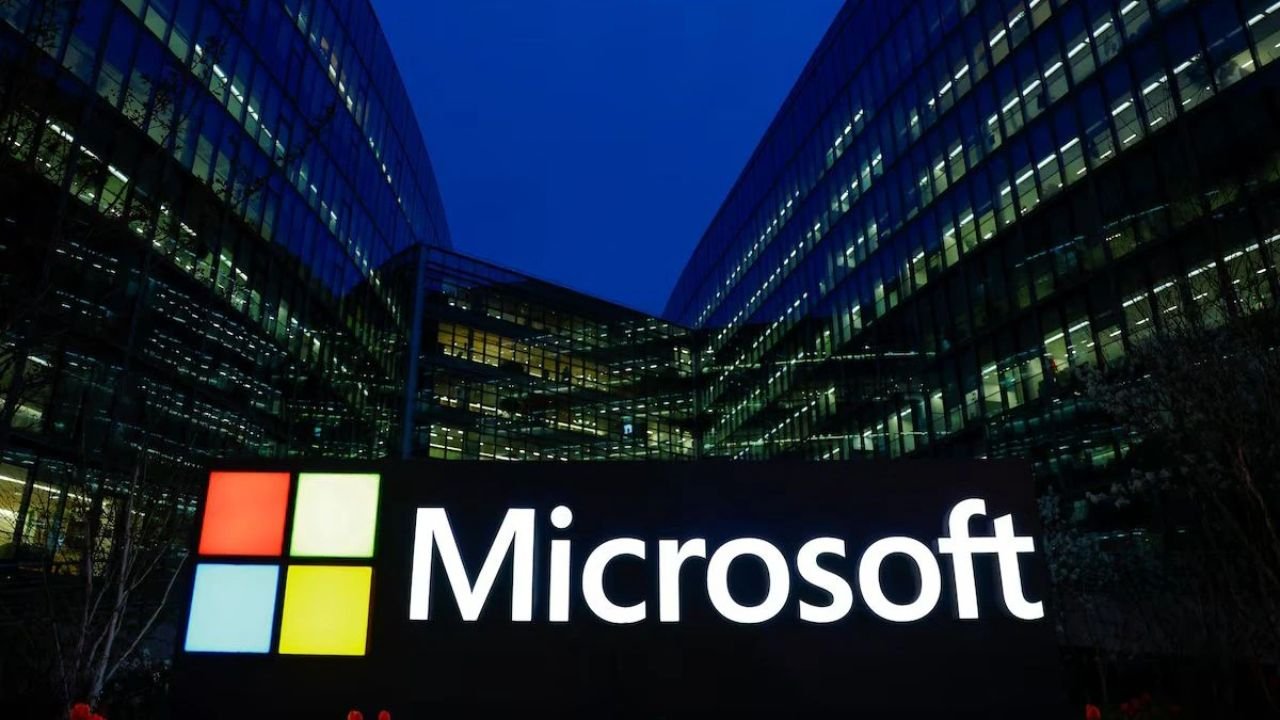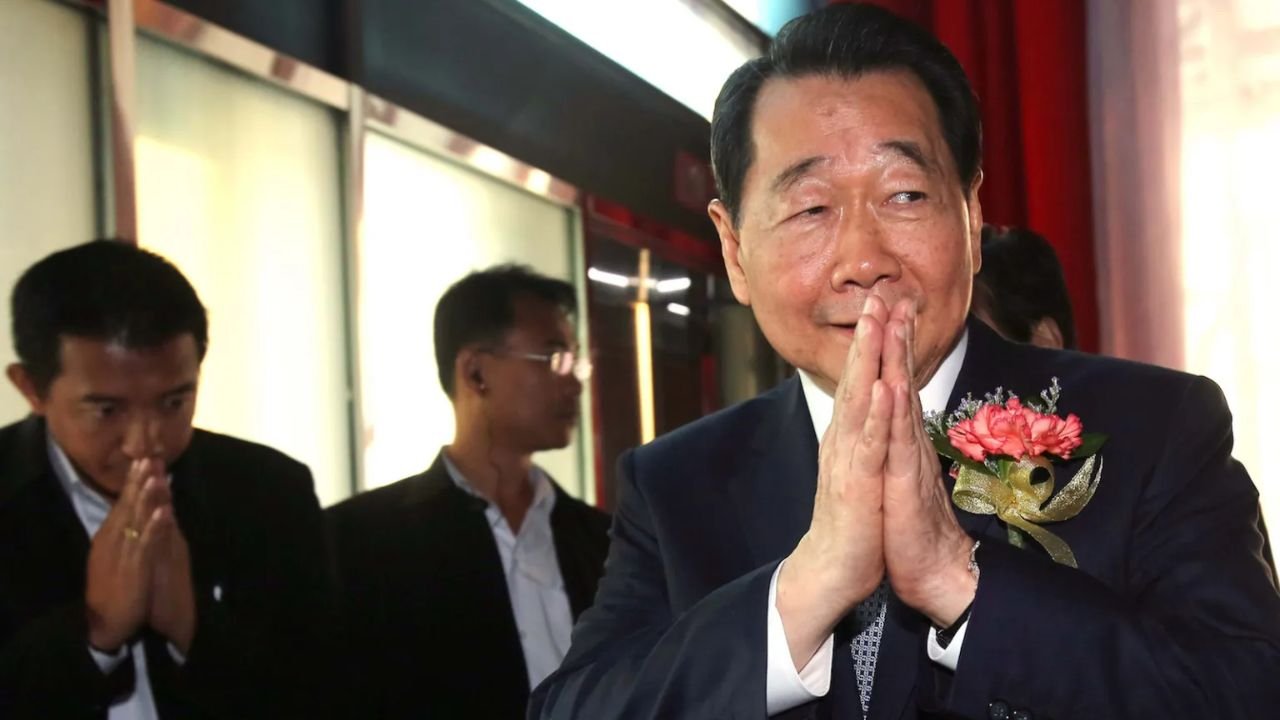Microsoft, one of the biggest technology companies in the world, has officially confirmed that it will lay off up to 9,000 employees in its latest round of job cuts this year. This decision marks another major shift in the company’s strategy, as it moves away from some of its traditional sectors and places greater focus on artificial intelligence (AI) and related technologies.
Although Microsoft did not provide a detailed list of the departments that will be impacted, reports suggest that the Xbox gaming division is among those being affected. According to several sources and leaked internal emails, some well-known gaming projects are being cancelled, and game development studios owned by Microsoft are also facing closure or downsizing.
These 9,000 job cuts represent about 4% of Microsoft’s global workforce, which currently has around 228,000 employees worldwide. The company said these changes are necessary to help Microsoft adapt and stay competitive in a fast-changing global market. A spokesperson told the BBC, “We continue to implement organisational changes necessary to best position the company for success in a dynamic marketplace.”
Gaming Studios and Projects Impacted
The job cuts have directly hit Microsoft’s video gaming division, including the shutdown of The Initiative, a studio that was working on rebooting the popular first-person shooter game Perfect Dark. According to emails seen by trusted gaming outlets like The Verge and IGN, Microsoft has also cancelled another game called Everwild, which was being developed under its broader Xbox division.
This news came as a shock to many in the gaming industry, especially because The Initiative was seen as a high-potential studio. It was one of Microsoft’s key investments aimed at developing big-budget, high-quality games exclusively for Xbox. Now, it will be shut down entirely, and the games it was developing will no longer be released.
Other Microsoft-owned game studios are also affected by the cuts. This includes Turn 10 Studios, the creators of the Forza Motorsport series, and ZeniMax Online Studios, the developers behind the popular online game Elder Scrolls Online. Many employees from these studios confirmed on social media that they had lost their jobs or were part of the teams impacted by restructuring.
In a related development, Matt Firor, the studio director of ZeniMax Online Studios, announced that he will step down in July 2025 after working there for over 18 years. In a farewell message posted by the studio on social media platform X (formerly Twitter), he thanked his team and the gaming community.
“While I won’t be working on the game anymore, I will be cheering you on and adding to the thousands of hours I’ve already spent in-game,” said Mr. Firor.
Meanwhile, other game developers outside Microsoft are also feeling the pressure. Romero Games, an independent studio based in Galway, Ireland, and co-founded by John Romero, one of the original creators of the famous Doom game series, has also been affected. The studio had to lay off staff after their game’s funding was cut by its publisher. Mr. Romero expressed deep sadness over the situation, praising his team and confirming that the game and studio were both impacted.
More Layoffs in 2025
The 9,000 job cuts are not the first of the year for Microsoft. The company has already had three other rounds of layoffs in 2025, including one in May when it announced that 6,000 positions would be removed. Official data from Washington state, where Microsoft is headquartered, shows that more than 800 of these job losses are happening in the cities of Redmond and Bellevue, both important tech hubs for the company.
Microsoft’s AI Strategy and Shift in Focus
One of the major reasons for these job cuts is Microsoft’s increased focus on artificial intelligence (AI). The company is now investing $80 billion (around £68.6 billion) into building massive data centres that are used to train and operate AI models. These facilities are essential for processing huge amounts of information and making AI systems work efficiently.
In line with this new focus, Microsoft hired Mustafa Suleyman, a well-known British AI expert and co-founder of DeepMind (a leading AI company), to lead the new Microsoft AI division. The company has made it clear that it sees AI as the future of technology. A senior executive at Microsoft recently told the BBC that AI will define the next 50 years, changing the way people live, work, and communicate.
Microsoft is also a major investor in OpenAI, the creators of ChatGPT, one of the most popular AI tools available today. However, reports suggest that the relationship between the two companies has become tense. According to Bloomberg, Microsoft is struggling to get businesses to use its own AI product, Copilot, because many employees are more comfortable using ChatGPT.
Race for AI Talent in the Tech Industry
The growing focus on AI has sparked intense competition among tech companies to hire the best AI talent. Companies like Meta (the parent company of Facebook and Instagram) are actively hiring top AI engineers and researchers. Meta has even created a new “superintelligence” lab and is reportedly offering massive signing bonuses to attract talent. Some offers have been as high as $100 million just to get someone to join.
Sam Altman, the CEO of OpenAI, said that Meta has made such offers to members of his own team. Amazon is also adapting to the AI revolution. CEO Andy Jassy recently mentioned that AI may eventually replace some human jobs at the company.
Conclusion: A Company in Transformation
Microsoft’s decision to lay off thousands of workers is part of a bigger shift in the technology industry. As AI becomes more important, companies like Microsoft are moving resources away from traditional areas like gaming and towards developing smarter, faster AI systems. While this brings new opportunities, it also leads to job losses and project cancellations, especially in creative and entertainment sectors like video games.
This transformation is not just about technology—it’s also about people, jobs, and the future of work. Microsoft, like many other tech giants, is trying to balance the need to innovate with the reality of how those changes impact its workers.







